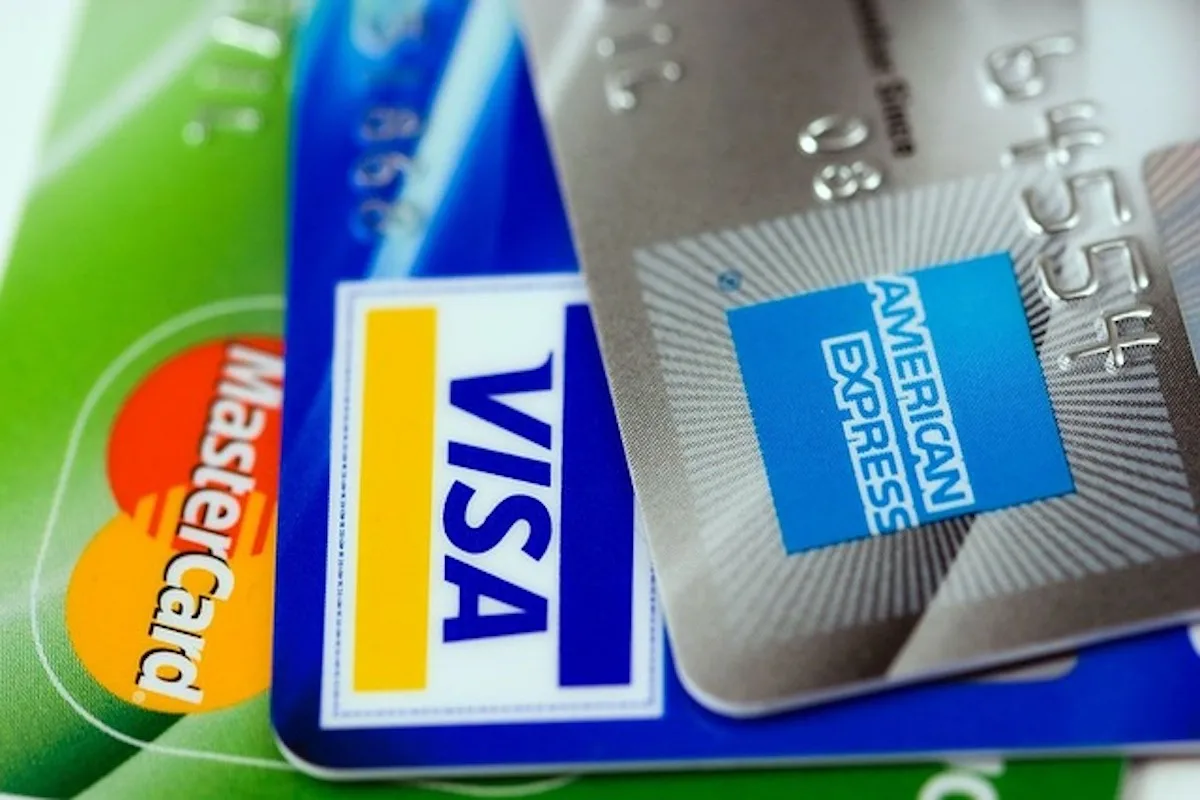Credit cards offer convenience and benefits like cash back and travel miles, and they’re essential for building a credit history. However, managing multiple cards and their balances can be overwhelming. Fortunately, credit card consolidation provides a practical solution to simplify your payments and reduce your credit card debt and interest burden.
Understanding Credit Card Consolidation
Credit card consolidation involves combining multiple credit card debts into a single balance. This simplification process means you only need to keep track of one monthly payment and one due date. Typically, consolidation options come with a lower Annual Percentage Rate (APR), which can significantly reduce the amount you pay in interest over time, accelerating your journey to debt freedom.
The Mechanics of a Credit Card Consolidation Loan
A credit card consolidation loan is when you take out a new loan to pay off multiple credit card balances. For example, if you have three credit cards, each with a balance of $1,000, a consolidation loan would involve taking out a single $3,000 loan to clear all three balances, leaving you with just one repayment to manage.
Streamlining Debt with Credit Card Consolidation
Consolidating credit card debt usually starts with evaluating all the debts you wish to combine. Whether working with a credit counselor, loan officer, or independently, the next step involves securing a consolidation loan or program that converts your myriad payments into one manageable monthly installment, ideally with a lower APR.
Consolidation Options Available
Several strategies can facilitate credit card debt consolidation, including personal loans, debt consolidation programs, and balance transfer credit cards offering 0% introductory APR.
Personal Loans for Debt Consolidation
Many banks and credit unions offer personal loans specifically designed for debt consolidation. These loans often feature flexible repayment terms and might include the option for the financial institution to pay off your creditors directly, simplifying the process. However, the interest rates for these loans can vary based on your credit score and other financial factors.
Debt Consolidation Programs
Debt consolidation programs combine various debts into one payment made to the consolidation service. This service then pays your creditors. Unlike loans, these programs negotiate with creditors to potentially lower interest rates and eliminate certain fees. However, success is not guaranteed.
Zero Percent Introductory APR on Balance Transfers
Many credit cards offer 0% APR on balance transfers for a limited time. This can be a good option for managing debt. For example, the Citi® Diamond Preferred® Card* offers a long introductory period. This allows you to pay down your balance without interest, though a balance transfer fee may apply.
Additional Consolidation Methods
Home Equity and Secured Loans
Using home equity or a second mortgage to consolidate debt is another option, leveraging the value of your home to obtain lower interest rates. However, this involves considerable risk, including the potential loss of your home if you default.
Loans from Retirement Accounts
While generally not recommended due to the implications for your retirement savings, borrowing from your 401(k) can offer low-interest rates and doesn’t impact your credit score. However, this should be considered a last resort.
Peer-to-Peer Lending
Peer-to-Peer (P2P) lending connects borrowers directly with investors online. It bypasses traditional financial institutions. This platform offers an alternative for securing consolidation loans with competitive interest rates. P2P lending democratizes the lending process, reducing barriers and borrowing costs. Individuals present their financial needs to a community of investors. These investors fund loans based on assessed risk and potential returns.
Using Your Vehicle’s Equity
Using your vehicle’s equity for a loan can help with debt consolidation. An auto equity loan lets you borrow against your vehicle’s market value, minus any outstanding loan balance. This secured loan usually has lower interest rates compared to unsecured personal loans. The lender uses your vehicle as collateral, which reduces their risk. If you have substantial equity in your vehicle, this can be an affordable way to consolidate and manage high-interest debts.
Is Debt Consolidation Right for You?
Consolidating credit card debt aims to lower interest rates and roll multiple debt payments into one manageable monthly payment. It can be particularly beneficial if you are struggling with high-interest debts across several credit cards. By consolidating, you streamline your finances and set a clear path toward paying off your debts.
Choosing Between Debt Consolidation and Refinancing
Deciding between refinancing and consolidation depends on your specific financial situation and the amount of your credit card debt. Refinancing is usually more suitable for lower balances that you can pay off quickly. On the other hand, consolidation is ideal for larger amounts, allowing you to spread payments over a longer term with a consistent monthly payment.

